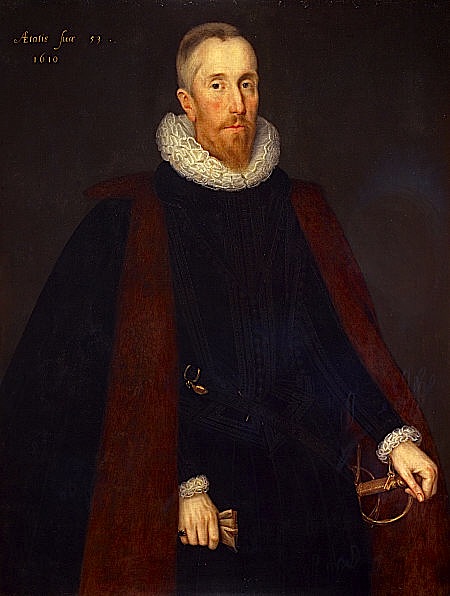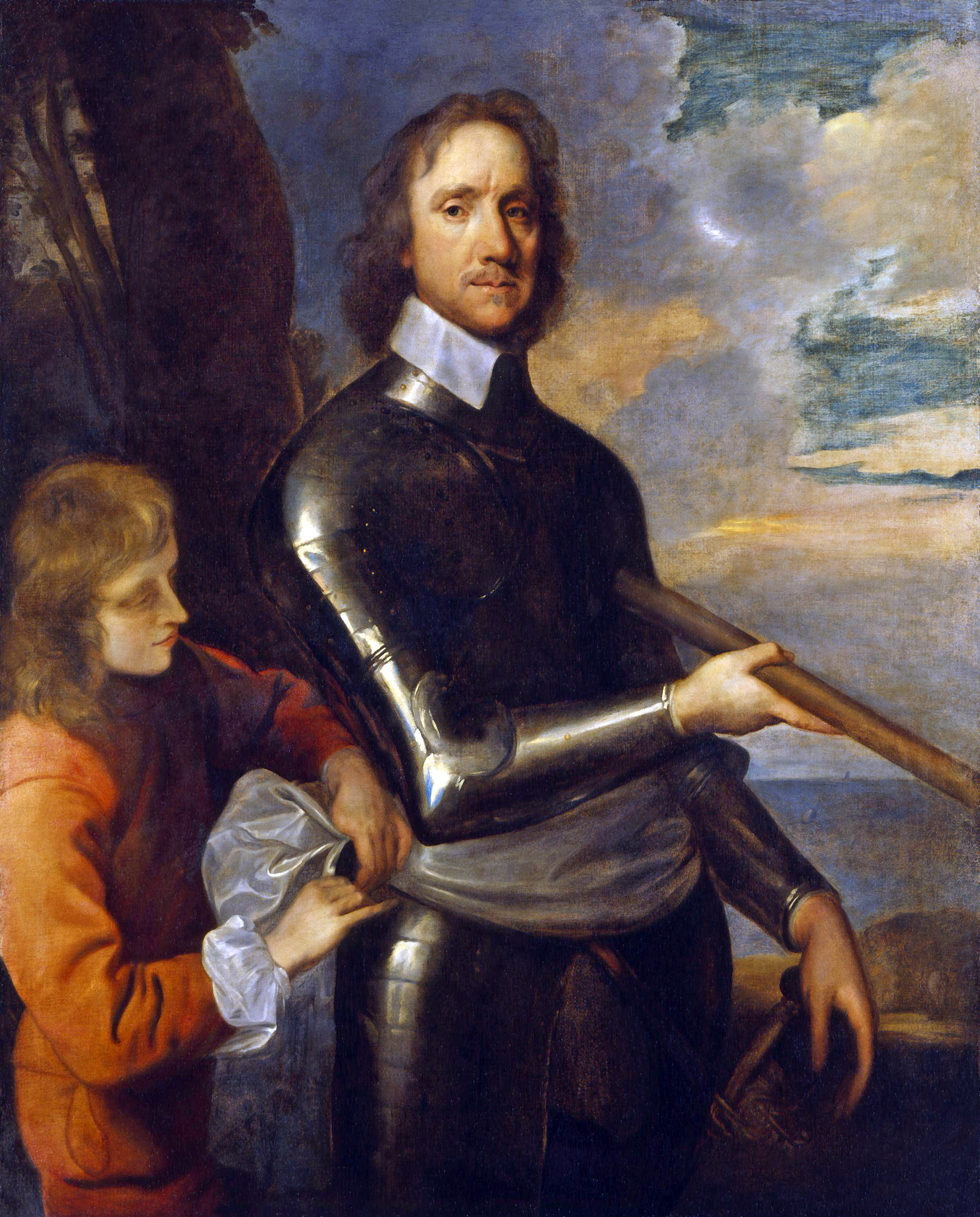|
1661 In Scotland
Events from the 1660s in the Kingdom of Scotland. Incumbents * Monarch – Charles II (since May 29, 1660) Events * 1660: ** 1 January – Colonel George Monck with his regiment crosses from Scotland to England at the village of Coldstream and advances towards London in support of the English Restoration. ** 29 May – Charles II is crowned King of England, Scotland and Ireland. ** 21 December – ''Mercurius Caledonius'' established in Edinburgh, the first example of a newspaper in Scotland, running until 1661. * 1661: ** January – An independent Parliament of Scotland is restored; it is called the "Drunken Parliament" by John Welsh of Irongray. ** 28 March – Parliament of Scotland passes the Rescissory Act 1661 which effectively annulls the legislation of all parliaments since 1633. ** April – Great Scottish Witch Hunt of 1661–62 begins. * 1663: ** 28 September – The murder of Alexander MacDonald, 12th of Keppoch and his brother Ranald by their cousins, known as the ... [...More Info...] [...Related Items...] OR: [Wikipedia] [Google] [Baidu] |
Dutch Republic
The United Provinces of the Netherlands, commonly referred to in historiography as the Dutch Republic, was a confederation that existed from 1579 until the Batavian Revolution in 1795. It was a predecessor state of the present-day Netherlands and the first independent Dutch people, Dutch nation state. The republic was established after seven Dutch provinces in the Spanish Netherlands Dutch Revolt, revolted against Spanish Empire, Spanish rule, forming a mutual alliance against Spain in 1579 (the Union of Utrecht) and declaring their independence in 1581 (the Act of Abjuration). The seven provinces it comprised were Lordship of Groningen, Groningen (present-day Groningen (province), Groningen), Lordship of Frisia, Frisia (present-day Friesland), Lordship of Overijssel, Overijssel (present-day Overijssel), Duchy of Guelders, Guelders (present-day Gelderland), lordship of Utrecht, Utrecht (present-day Utrecht (province), Utrecht), county of Holland, Holland (present-day North Holla ... [...More Info...] [...Related Items...] OR: [Wikipedia] [Google] [Baidu] |
Act For Annexation Of Orkney And Shetland To The Crown 1669
The Orkney and Shetland Act 1669 (c. 19) was an act of Parliament passed by the Parliament of Scotland to establish Orkney and Shetland's status as Crown Dependencies The Crown Dependencies are three dependent territory, offshore island territories in the British Islands that are self-governing possessions of the The Crown, British Crown: the Bailiwick of Guernsey and the Jersey, Bailiwick of Jersey, both lo ... following a legal dispute with William Douglas, 9th Earl of Morton, who held the estates of Orkney and Shetland. Titled "Act for Annexation of Orknay and Zetland to the Crown", the legislation was passed on 27 December 1669 (17 December old style) and was the last law passed by the Parliament before its adjournment six days later. The act made Orkney and Shetland exempt from any "''dissolution of His Majesty's lands''". In 1742 a further act of Parliament, the ( 15 Geo. 2. c. ''4''), returned the estates to a later Earl of Morton, James Douglas, 14th Earl of ... [...More Info...] [...Related Items...] OR: [Wikipedia] [Google] [Baidu] |
Conventicle
A conventicle originally meant "an assembly" and was frequently used by ancient writers to mean "a church." At a semantic level, ''conventicle'' is a Latinized synonym of the Greek word for ''church'', and references Jesus' promise in Matthew 18:20, "Where two or three are ''met together'' in my name." Over time, the term became linked to meetings of religious associations, particularly private gatherings for worship. Later, it became a negative term, implying that those within a conventicle opposed the ruling ecclesiastical authorities; for example, as applied to a plot of mutinous monks in a monastery. Ultimately, this term has been applied to religious meetings of dissenters from an Established Church, established church, held in places that were not recognized as intended for the exercise of religious functions. In this context, the state made a distinction between the forms of religion whose practices were authorized by statute, and those that were expressly prohibited. This ... [...More Info...] [...Related Items...] OR: [Wikipedia] [Google] [Baidu] |
King Of Scotland
The monarchy of the United Kingdom, commonly referred to as the British monarchy, is the form of government used by the United Kingdom by which a hereditary monarch reigns as the head of state, with their powers regulated by the British constitution. The term may also refer to the role of the royal family within the UK's broader political structure. The monarch since 8 September 2022 is King Charles III, who ascended the throne on the death of Queen Elizabeth II, his mother. The monarch and their immediate family undertake various official, ceremonial, diplomatic and representational duties. Although formally the monarch has authority over the governmentwhich is known as " His/Her Majesty's Government"this power may only be used according to laws enacted in Parliament and within constraints of convention and precedent. In practice the monarch's role, including that of Head of the Armed Forces, is limited to functions such as bestowing honours and appointing the prime mi ... [...More Info...] [...Related Items...] OR: [Wikipedia] [Google] [Baidu] |
Edinburgh
Edinburgh is the capital city of Scotland and one of its 32 Council areas of Scotland, council areas. The city is located in southeast Scotland and is bounded to the north by the Firth of Forth and to the south by the Pentland Hills. Edinburgh had a population of in , making it the List of towns and cities in Scotland by population, second-most populous city in Scotland and the List of cities in the United Kingdom, seventh-most populous in the United Kingdom. The Functional urban area, wider metropolitan area had a population of 912,490 in the same year. Recognised as the capital of Scotland since at least the 15th century, Edinburgh is the seat of the Scottish Government, the Scottish Parliament, the Courts of Scotland, highest courts in Scotland, and the Palace of Holyroodhouse, the official residence of the Monarchy of the United Kingdom, British monarch in Scotland. It is also the annual venue of the General Assembly of the Church of Scotland. The city has long been a cent ... [...More Info...] [...Related Items...] OR: [Wikipedia] [Google] [Baidu] |
List Of Parliaments Of Scotland
This is a list of the parliaments, general councils and conventions of the Estates of the Kingdom of Scotland The Kingdom of Scotland was a sovereign state in northwest Europe, traditionally said to have been founded in 843. Its territories expanded and shrank, but it came to occupy the northern third of the island of Great Britain, sharing a Anglo-Sc .... See also * List of acts of the Parliament of Scotland * List of parliaments of England * List of parliaments of Ireland * List of parliaments of the United Kingdom References * Margaret D. Young, ''The Parliaments of Scotland'', volume 2 (Edinburgh, 1993). Appendix 1, pages 747–756. {{reflist Parliament of Scotland ... [...More Info...] [...Related Items...] OR: [Wikipedia] [Google] [Baidu] |
Lord High Commissioner To The Parliament Of Scotland
The Lord High Commissioner to the Parliament of Scotland was the List of Scottish monarchs, monarch of Scotland's high commissioner, personal representative to the Parliament of Scotland. From the accession of James I of England, James VI of Scotland to the throne of England in Union of the Crowns, 1603, a Lord High Commissioner was appointed from among the senior nobility to represent the Scottish monarch in parliament when he or she was absent, as was usually the case up to 1707. The Act of Union 1707, which merged the Parliament of Scotland and the Parliament of England to create the Parliament of Great Britain, rendered the post redundant. The Lord High Commissioner represented Crown authority and sat on the throne within the parliamentary chamber. The Commissioner gave royal assent to all acts of parliament by touching the final copy of each act with the Honours of Scotland, sceptre. They were the custodian of the Crown's legislative agenda and were effectively the heads o ... [...More Info...] [...Related Items...] OR: [Wikipedia] [Google] [Baidu] |
John Maitland, 1st Duke Of Lauderdale
John Maitland, 1st Duke of Lauderdale, Order of the Garter, KG, Privy Council of Scotland, PC (24 May 1616 – 24 August 1682) was a Scottish statesman and peer. Background Maitland was a member of an ancient family of both Berwickshire and East Lothian, the eldest surviving son of John Maitland, 1st Earl of Lauderdale, John Maitland, 2nd Lord Maitland of Thirlestane (d. 1645), (who had been created Viscount of Lauderdale in 1616, and Earl of Lauderdale etc., in 1624), and of Isabel Seton, Countess of Lauderdale, Isabel Seton (1594–1638), daughter of Alexander Seton, 1st Earl of Dunfermline and great-grandson of Sir Richard Maitland of Lethington, the poet. Covenanter Maitland began public life as a zealous adherent of the Presbyterian cause, took the Covenanter, Covenant, sat as an Elder (religious), elder in the General Assembly of the Church of Scotland at St Andrews in July 1643, and was sent to the Kingdom of England as a Commissioner for Solemn League and Covenant, ... [...More Info...] [...Related Items...] OR: [Wikipedia] [Google] [Baidu] |
Campbeltown
Campbeltown (; or ) is a town and former royal burgh in Argyll and Bute, Scotland. It lies by Campbeltown Loch on the Kintyre Peninsula. Campbeltown became an important centre for Scotch whisky, and a busy fishing port. The 2018 population estimate was 4,600, indicating a reduction since the 2011 census. History Originally known as Kinlochkilkerran (an anglicization of the Gaelic, which means 'head of the loch by the kirk of Ciarán'), Campbeltown was renamed in the 17th century as ''Campbell's Town'' after Archibald Campbell ( Earl of Argyll) was granted the site in 1667. Campbeltown Town Hall was completed in 1760. The Royal National Lifeboat Institution opened Campbeltown Lifeboat Station in 1861. The present building dates from 1996. Economy In addition to the benefits of distilling, and whisky tourism, there were two major employers in 2018, Campbeltown Creamery and CS Wind UK, who provided "a substantial portion of the Campbeltown area’s high skilled jobs ... [...More Info...] [...Related Items...] OR: [Wikipedia] [Google] [Baidu] |
Archibald Campbell, 9th Earl Of Argyll
Archibald may refer to: People and characters *Archibald (name), a masculine given name and a surname * Archibald (musician) (1916–1973), American R&B pianist * Archibald, a character from the animated TV show '' Archibald the Koala'' Other uses * Archibald, Louisiana, a community in the United States *Archibald Prize The Archibald Prize is an Australian portraiture art prize for painting, generally seen as the most prestigious portrait prize in Australia. It was first awarded in 1921 after the receipt of a bequest from J. F. Archibald, J. F. Archib ..., an Australian portraiture art prize for painting See also * Archibald House, several buildings * * Archie (other) * Archbold (other) * Giuseppe Arcimboldo (1527–1593), Italian painter {{disambiguation, hn ... [...More Info...] [...Related Items...] OR: [Wikipedia] [Google] [Baidu] |
First Anglo-Dutch War
The First Anglo-Dutch War, or First Dutch War, was a naval conflict between the Commonwealth of England and the Dutch Republic. Largely caused by disputes over trade, it began with English attacks on Dutch merchant shipping, but expanded to vast fleet actions. Despite a series of victories in 1652 and 1653, the Commonwealth was unable to blockade Dutch trade, although English privateers inflicted serious losses on Dutch merchant shipping. The economic damage eventually led to the Treaty of Westminster (1654), Treaty of Westminster in 1654 where the Dutch were forced to make minor concessions to the Commonwealth. Both sides agreed to the Act of Seclusion, exclusion of the House of Orange from the office of Stadtholder, but failed to resolve underlying commercial issues. In 1665, Dutch objections to the Navigation Acts and English concerns over their rival's trading practices led to the Second Anglo-Dutch War. Background In the 16th century, Kingdom of England, England had support ... [...More Info...] [...Related Items...] OR: [Wikipedia] [Google] [Baidu] |







